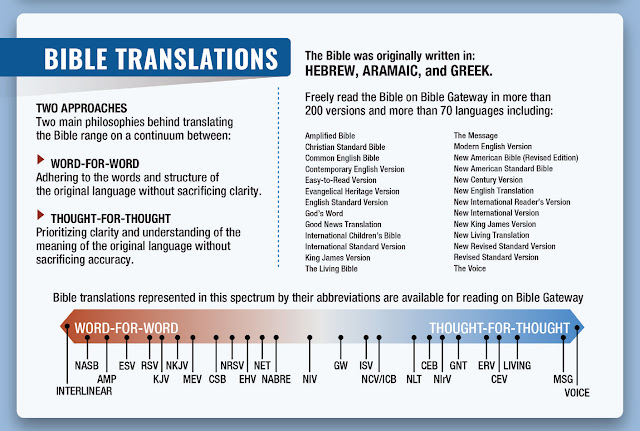Are you familiar with the New English Bible (NEB)?
I got my copy about 45 years ago when I first began teaching. In the New Testament, it claims to consistently "use the idiom of contemporary English to convey the meaning of the Greek." Many have charged it as being more of a paraphrase than a strict translation. I have never really used it, so I wouldn't know. Today, however, I was listening to a sermon and the text being read was Phil. 1:7 from the NEB. It included a very strange rendering. Yes, the Greek permits it, but the Greek word order argues against it -- strongly.
Note that we are dealing with two different pronouns in Greek. Notice also that both may be taken either as the subject or as the object of the verb in the Greek. Here are your two options.
me = I (subject)/me (object)
humas = you (subject)/you (object)
The question, then, is: Does Paul have the Philippians in his heart, or do the Philippians have Paul in their heart?
Here the NEB has, "It is indeed only right that I should feel like this about you all, because you hold me in such affection." However, when the NEB was updated and replaced by the Revised English Bible (REB), this was changed to, "It is only right for me to feel this way about all of you, because I have you in my heart." The REB is undoubtedly correct. (See also the ESV, NIV, etc.) The rule of thumb in Greek grammar is to make the pronoun closest to the verb the subject. In this case, the Greek pronoun me functions in this manner, making it almost certain that Paul is the subject of the verb "have" (echein).
This is just one example of the kinds of questions translators face. Small wonder there are so many English translations available today (though I doubt that you can purchase a hard copy of the NEB any longer).
All of this, and more, will be discussed in my book How to Make the New Testament Come Alive!, especially chapter 3: "Choosing a New Testament Translation."
I'm working hard to complete it.


